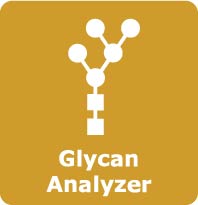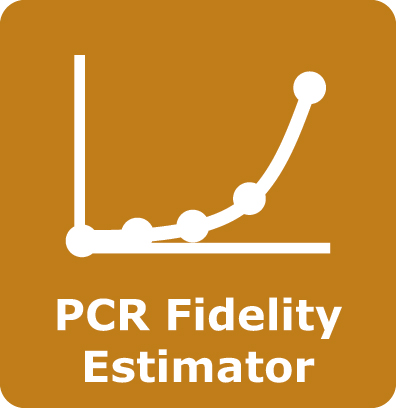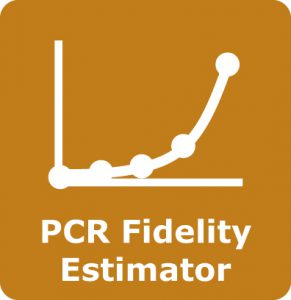NEBNext Selector is a guide for selecting appropriate products for NextGen sequencing workflows.
Use this tool to identify the restriction sites within your DNA sequence. Choose between Type II and commercially available Type III restriction enzymes to digest your DNA. NEBcutter® V2.0 will indicate cut frequency and methylation state sensitivity.
Use this tool to guide your reaction buffer selection when setting up double-digests, a common timesaving procedure. Choosing the right buffers will help you to avoid star activity and loss of product.
Use this tool when designing PCR reaction protocols to help determine the optimal annealing temperature for your amplicon. Simply input your DNA polymerase, primer concentration and your primer sequence and the Tm Calculator will guide you to successful reaction conditions.
Use this tool for your scientific calculations and conversions for DNA and RNA. Options include conversion of mass to moles, ligation amounts, conversion of OD to concentration, dilution and molarity.
NEBuilder® Assembly Tool can be used to design primers for your NEBuilder or Gibson Assembly reaction, based on the entered fragment sequences and the polymerase being used for amplification.
Use this tool to find the right products and protocols for each step (digestion, end modification, ligation and transformation) of your next traditional cloning experiment. Also, find other relevant tools and resources to enable protocol optimization.
Use this tool to select restriction enzymes by name, sequence, overhang or type. Enter your sequence using single letter code nomenclature, and Enzyme Finder will identify the right enzyme for the job.
Use this tool to find the nucleotide sequence files for commonly used molecular biology tools, including plasmid, viral and bacteriophage vectors.
Use this tool to help select the right DNA polymerase for your PCR setup. Whether your amplicon is long, complex, GC-rich or present in a single copy, the PCR selection tool will identify the perfect DNA polymerase for your reaction.
Use this tool to assist with in silico DNA construct design for Golden Gate DNA assembly. It enables the accurate design of primers with appropriate type IIS restriction sites and overlaps, quick import of sequences in many formats and export of the final assembly, primers and settings.
NEBaseChanger can be used to design primers specific to the mutagenesis experiment you are performing using the Q5® Site-Directed Mutagenesis Kit. This tool will also calculate a recommended custom annealing temperature based on the sequence of the primers by taking into account any mismatches.
Use this tool as a guide to the ever-changing landscape of restriction enzymes. REBASE, the Restriction Enzyme DataBASE, is a dynamic, curated database of restriction enzymes and related proteins.
Polbase is a repository of biochemical, genetic, and structural information about DNA Polymerases.
Competitor Cross-Reference Tools
Use this tool to select another company’s product and find out which NEB product is compatible. Choose either the competitor’s product name or catalog number from the available selections, and this tool will identify the recommended NEB product.
Use this tool to simplify the process of selecting the appropriate exonucleases for use in your nucleic acid digestion workflows. The tool guides you to product recommendations based on your answers to a few simple questions.
Use this tool to interpret Ultra or High Pressure liquid chromatography (UPLC/HPLC) N-glycan profiles following exoglycosidase digestions.
Estimate the percentage of correct DNA copies (those without base substitution errors) per cycle of PCR for selected DNA polymerases.
This tool allows for easy calculation of values associated with read coverage in NGS protocols.
Thermostable Ligase Reaction Temperature Calculator
This tool will estimate an optimal reaction temperature to minimize mismatch for thermostable ligation of two adjacent ssDNA probes annealed to a template.
In case of any question regarding the use of the NEB tools or NEB products please contact the NEB Technical Support.
Plus d’informations disponibles dans la section Ressources Techniques ou sur neb.com
























